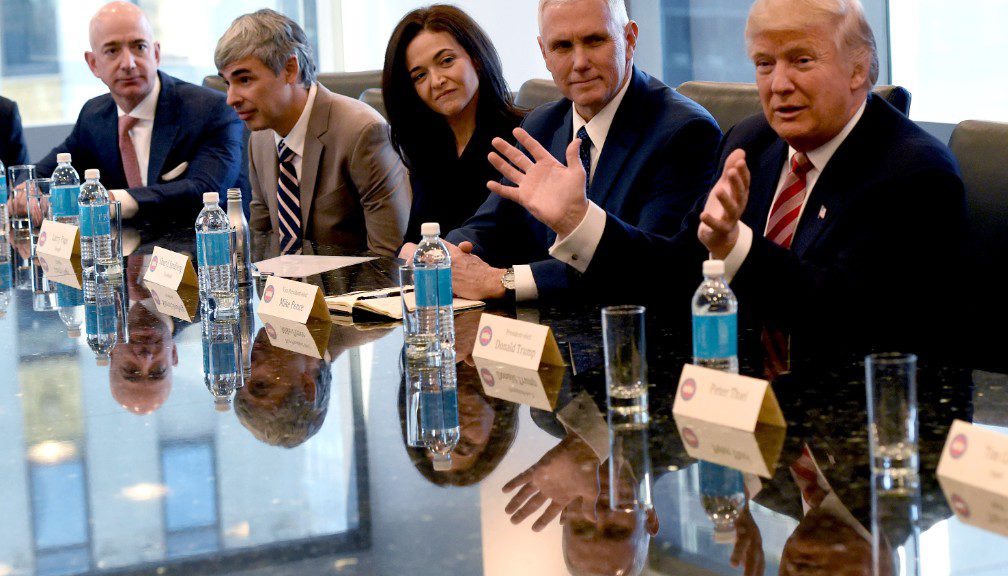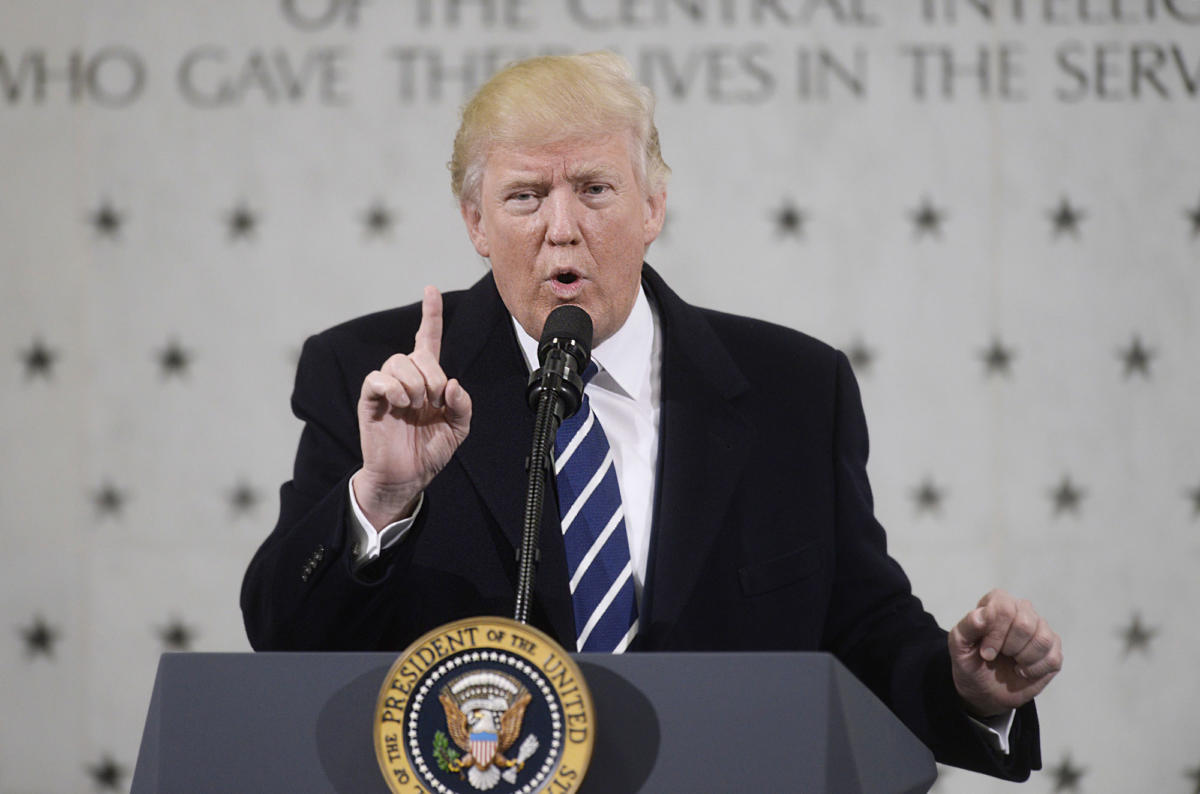Ezra Klein of Vox has an excellent interview about meditation and much more with Yuval Noah Harari, though I don’t know that I’m buying the main premise which is that the Israeli historian can so ably communicate such cogent ideas because of his adherence to this “mind-clearing” practice.
If that’s so, then I would have to suppose Harari was meditating far less while writing Homo Deus than when composing Sapiens, because the follow-up, while still worth reading, is not nearly as incisive or effective as his first book. (Jennifer Senior had a very good review of the sophomore effort in the New York Times.)
What separates Harari from other historians trying to communicate with a lay audience is his ability to brilliantly synthesize ideas in a very organic way. Even when I’m not sure if I’m totally buying one of these combinations (e.g., Alan Turing created a test in which a computer could pass for a human because he spent his brief, tragic life trying to pass for heterosexual), it still provokes me to think deeply on the subject.
I would assume this talent is more a quirk of his own brain chemistry and diligent development of natural gifts than anything else. Of course, meditation could be aiding in the process, or, perhaps, the practice of Vipassana is more correlation than causation. I doubt even Harari truly knows for sure.
The two opening exchanges:
Ezra Klein:
You told the Guardian that without meditation, you’d still be researching medieval military history — but not the Neanderthals or cyborgs. What changes has meditation brought to your work as a historian?
Yuval Noah Harari:
Two things, mainly. First of all, it’s the ability to focus. When you train the mind to focus on something like the breath, it also gives you the discipline to focus on much bigger things and to really tell the difference between what’s important and everything else. This is a discipline that I have brought to my scientific career as well. It’s so difficult, especially when you deal with long-term history, to get bogged down in the small details or to be distracted by a million different tiny stories and concerns. It’s so difficult to keep reminding yourself what is really the most important thing that has happened in history or what is the most important thing that is happening now in the world. The discipline to have this focus I really got from the meditation.
The other major contribution, I think, is that the entire exercise of Vipassana meditation is to learn the difference between fiction and reality, what is real and what is just stories that we invent and construct in our own minds. Almost 99 percent you realize is just stories in our minds. This is also true of history. Most people, they just get overwhelmed by the religious stories, by the nationalist stories, by the economic stories of the day, and they take these stories to be the reality.
My main ambition as a historian is to be able to tell the difference between what’s really happening in the world and what are the fictions that humans have been creating for thousands of years in order to explain or in order to control what’s happening in the world.
Ezra Klein:
One of the ideas that is central to your book Sapiens is that the central quality of Homo sapiens, what has allowed us to dominate the earth, is the ability to tell stories and create fictions that permit widespread cooperation in a way other species can’t. And what you count as fiction ranges all the way from early mythology to the Constitution of the United States of America.
I wouldn’t have connected that to the way meditation changes what you see as real, but it makes sense that if you’re observing the way your mind creates imaginary stories, maybe much more ends up falling into that category than you originally thought.
Yuval Noah Harari:
Yes, exactly. We seldom realize it, but all large-scale human cooperation is based on fiction. This is most clear in the case of religion, especially other people’s religion. You can easily understand that, yes, millions of people come together to cooperate in a crusade or a jihad or to build the cathedral or a synagogue because all of them believe some fictional story about God and heaven and hell.
What is much more difficult to realize is that exactly the same dynamic operates in all other kinds of human cooperation. If you think about human rights, human rights are a fictional story just like God and heaven. They are not a biological reality. Biologically speaking, humans don’t have rights. If you take Homo sapiens and look inside, you find the heart and the kidneys and the DNA. You don’t find any rights. The only place rights exist is in the stories that people have been inventing.
Another very good example is money. Money is probably the most successful story ever told. It has no objective value. It’s not like a banana or a coconut. If you take a dollar bill and look at it, you can’t eat it. You can’t drink it. You can’t wear it. It’s absolutely worthless. We think it’s worth something because we believe a story. We have these master storytellers of our society, our shamans — they are the bankers and the financiers and the chairperson of the Federal Reserve, and they come to us with this amazing story that, “You see this green piece of paper? We tell you that it is worth one banana.”
If I believe it and you believe it and everybody believes it, it works. It actually works. I can take this worthless piece of paper, go to a complete stranger who I never met before, give him this piece of paper, and he in exchange will give me a real banana that I can eat.
This is really amazing, and no other animal can do it. Other animals sometimes trade. Chimpanzees, for example, they trade. You give me a coconut. I’ll give you a banana. That can work with a chimpanzee, but you give me a worthless piece of paper and you expect me to give you a banana? That will never work with a chimpanzee.
This is why we control the world, and not the chimpanzees.•


